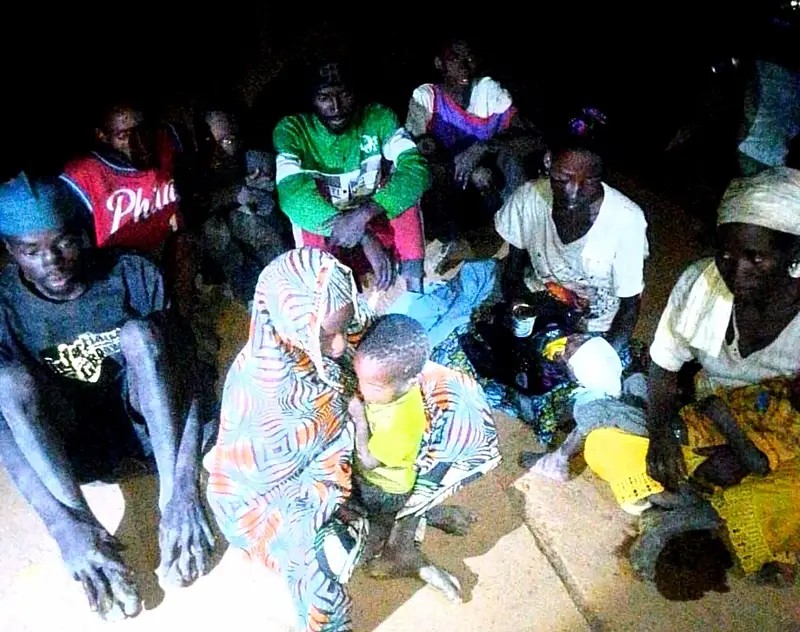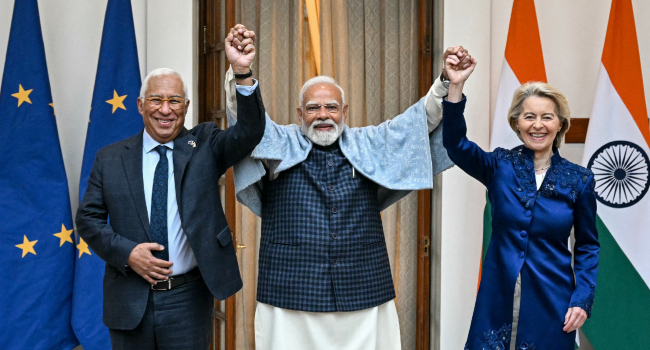Protests and conflicts are escalating across Africa, with recent developments in Nigeria, Tigray, Cameroon, Mozambique, and Sudan. In Nigeria, the police fired tear gas to disperse protesters demanding the release of separatist leader Nnamdi Kanu, who is being held on terrorism charges. The protesters, led by Omoyele Sowore, were calling for Kanu’s immediate release. Kanu, the leader of the banned Indigenous People of Biafra, has been detained since 2021 after being re-arrested abroad.
In Tigray, a new report by the Commission of Inquiry on Tigray Genocide revealed evidence of widespread sexual and gender-based violence against hundreds of thousands of women and girls during the two-year conflict. The report described rape, sexual slavery, and other forms of gender-based violence as weapons of war, with victims ranging in age from two to 88. The commission called for independent international investigations and full cooperation from Ethiopian and Eritrean authorities.
In Cameroon, the Catholic Church urged calm as the nation awaited the official results of the presidential election. Opposition candidate Issa Tchiroma Bakary declared himself the winner, but the government and ruling party criticized the declaration as illegal. The Constitutional Council has until October 27 to declare the winner.
In Mozambique, former presidential candidate Venancio Mondlane denied calling for street protests, instead urging citizens to reflect on the country they wish to live in. The Mozambican police warned citizens not to take part in demonstrations that could disrupt public order. Mondlane’s statement coincided with the first anniversary of the murder of his lawyer, Elvino Dias, and election agent Paulo Guambe.
Meanwhile, in Sudan, the army launched air strikes on towns in Darfur, causing civilian casualties and destruction. The strikes were condemned as deliberate assaults on civilians and war crimes. The conflict has also led to a deadly cholera outbreak at a gold mine in South Kordofan, where 23 people have died and 145 others have fallen ill.
These developments highlight the ongoing challenges and conflicts faced by many African countries, from political unrest and human rights abuses to violence and health crises. As the situations continue to unfold, international attention and cooperation will be crucial in addressing these issues and promoting peace, stability, and human rights across the continent.



